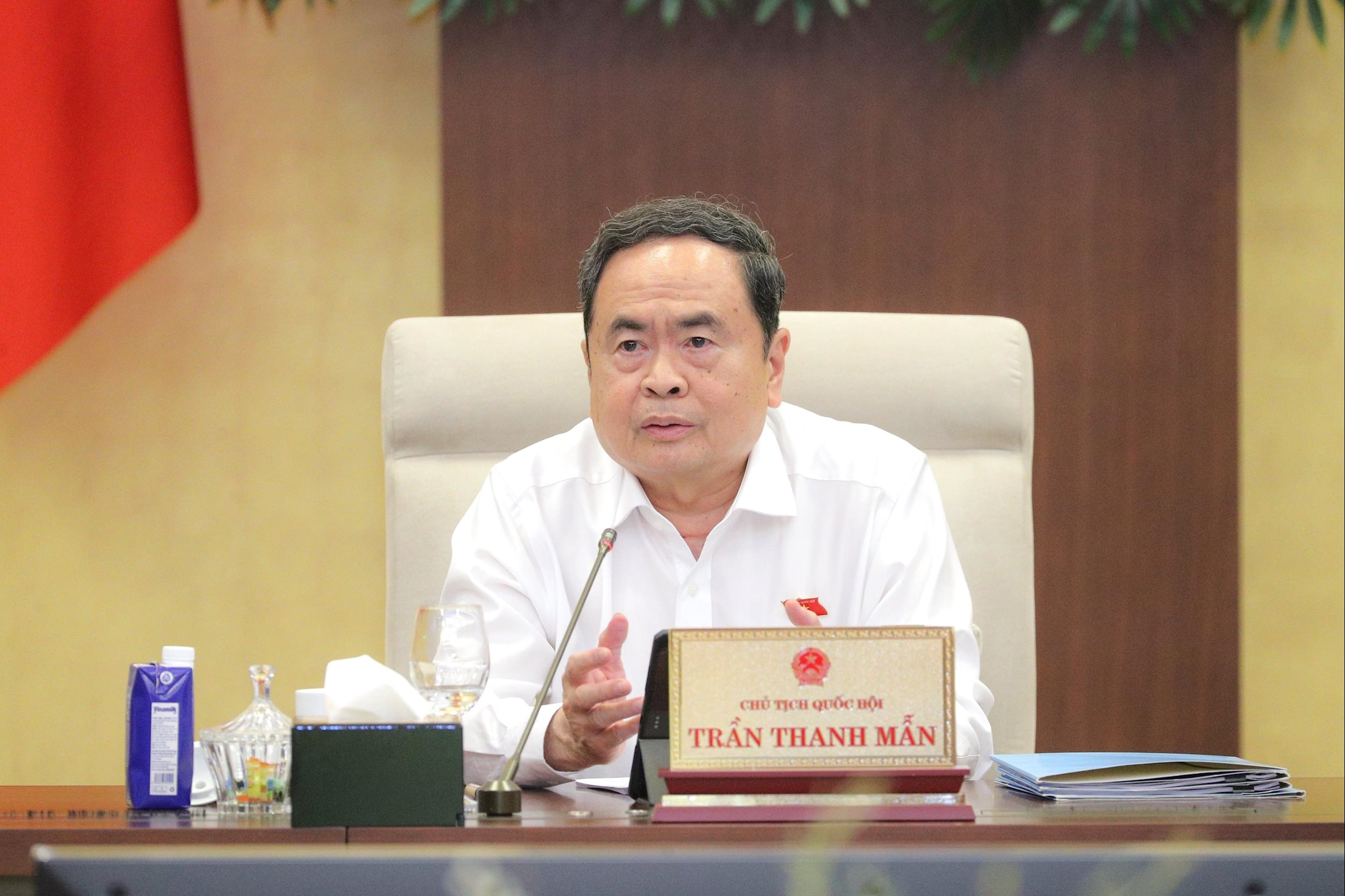
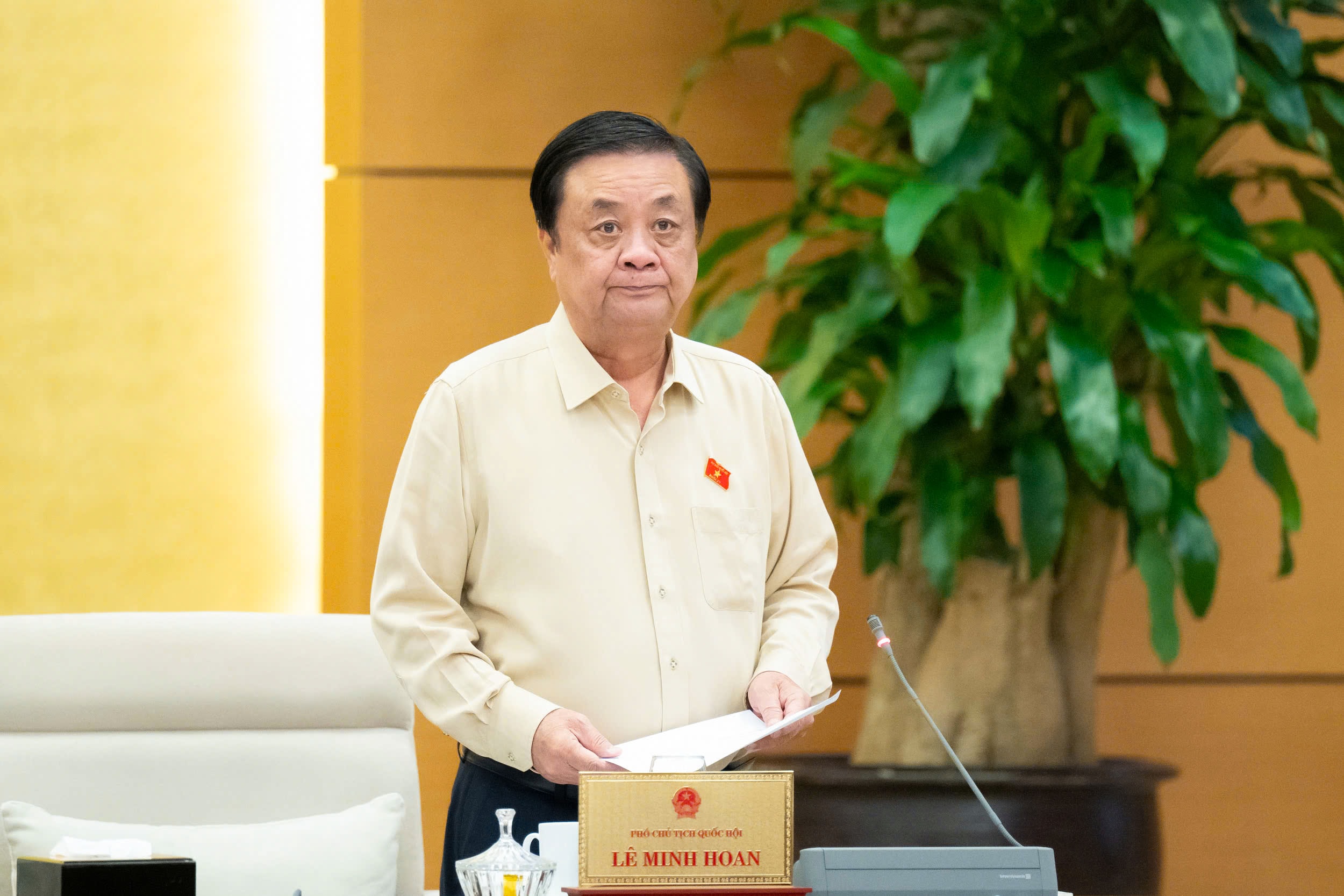
Expanding the subjects exempted from construction permits
Briefly presenting the Draft Law on Construction (amended), Deputy Minister of Construction Bui Xuan Dung said that the development of the Law aims to continue institutionalizing the Party and State's policies on perfecting the law, aiming to build a favorable, open, transparent, safe legal environment with low compliance costs.
Regarding the contents of cutting and simplifying administrative procedures, improving the investment and business environment, the draft Law amends the provisions on the establishment, appraisal and approval of construction investment projects in the direction of simplifying administrative procedures. Unifying the establishment of Investment Proposal Reports and Pre-Feasibility Study Reports according to investment laws.
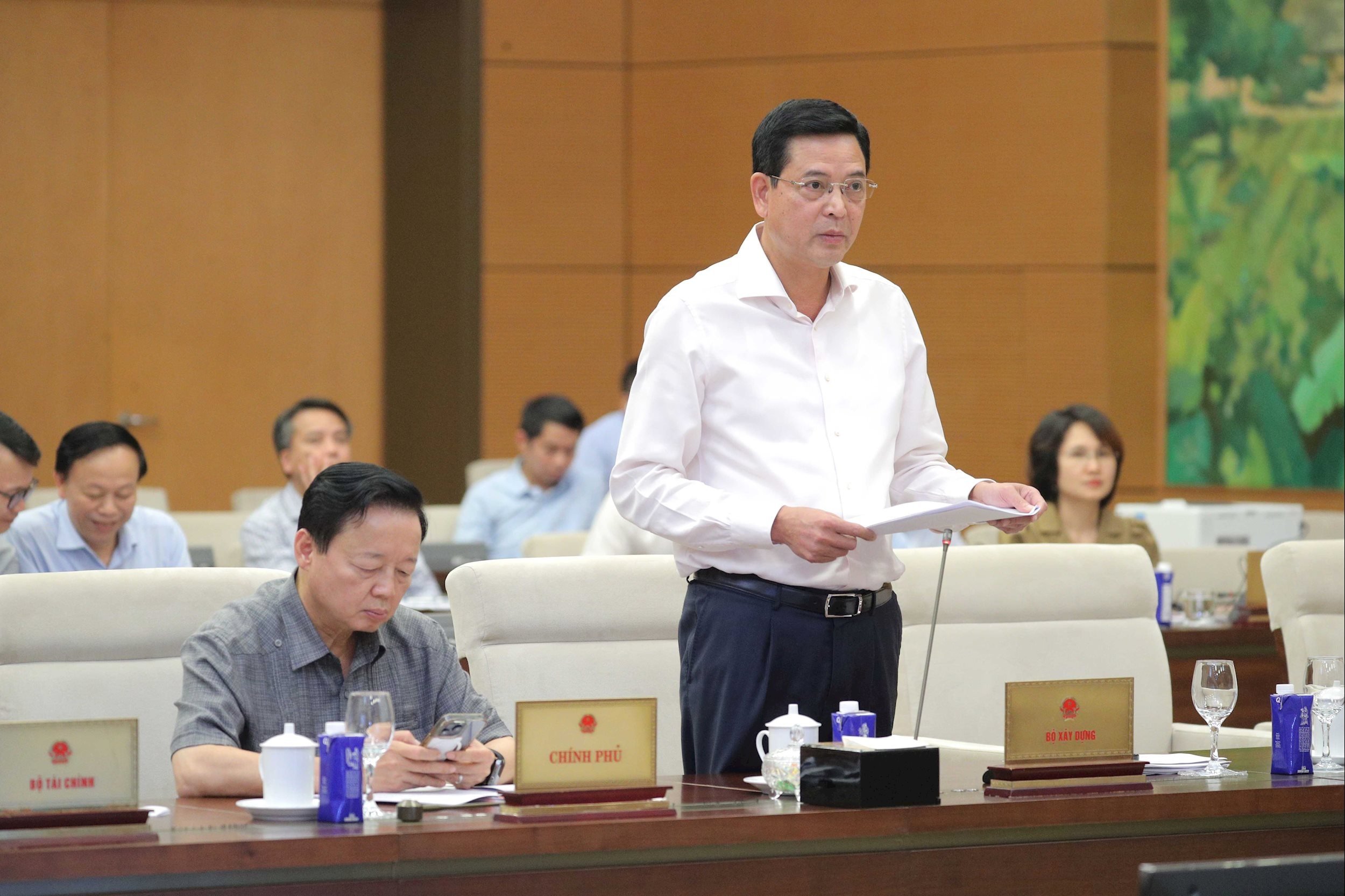
Regarding the abolition of procedures, the draft Law abolishes the procedure for design appraisal implemented after the basic design at the specialized construction agency for all construction designs after the project is approved, according to the principle that the state management agency on construction only controls once. At the same time, amend the regulations on granting construction permits in the direction of expanding the subjects exempted from construction permits, simplifying procedures. Construction works that are exempted from appraisal at the specialized construction agency do not need to be granted a construction permit.
The Draft Law also simplifies the conditions, procedures, and processes for granting construction permits to the maximum extent, thereby minimizing the time for granting permits (expected to be a maximum of 7 days). Reduces investment and business conditions in the management of construction capacity by abolishing the procedure for granting construction capacity certificates to organizations and switching to "post-inspection". And, reduces the conditions for the provisions on practice certificates (no requirement for practice certificates, only regulations on professional experience conditions for some positions).
The draft Law proposes to abolish 3 groups of procedures (appraisal of construction design implemented after basic design; granting certificates of construction activity capacity to organizations; recognition of qualified social-professional organizations to grant certificates of construction activity capacity). Promote the implementation of online administrative procedures, apply information technology, and shorten the time to carry out administrative procedures.
The Ministry of Construction proposed to take effect immediately for the regulations on construction works exempted from construction permits in Clause 2, Article 43, Clauses 3, 4 and 5, Article 95 of the draft Law.
Summarizing the Report on the review of the draft Law, Vice Chairman of the Committee for Science, Technology and Environment Tran Van Khai said that the Standing Committee of the Committee agreed with the necessity of comprehensively amending the Construction Law for the reasons stated in the Government's Submission No. 863/TTr-CP.
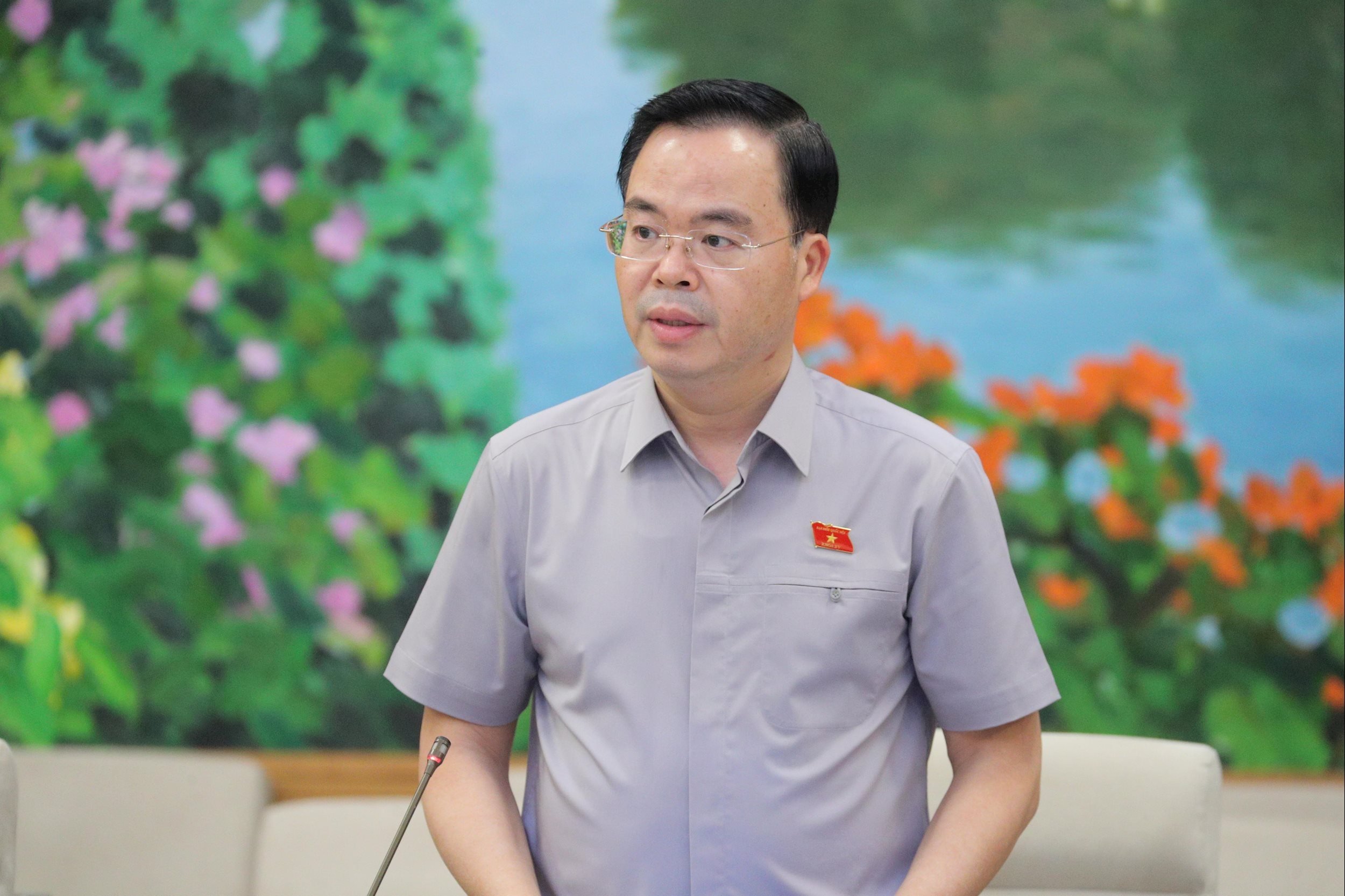
Agreeing with the drafting of the Law in the direction of a framework law, a principle law, regulating fundamental issues, long-term stability, and at the same time assigning the Government and ministries and branches to provide detailed guidance to ensure flexibility and suitability to practice, the Standing Committee of the Science, Technology and Environment Committee found that assigning many agencies to provide detailed regulations could lead to overlaps and conflicts between sub-law documents (on land, investment, construction, telecommunications, technical infrastructure, appraisal authority, licensing, construction quality management, etc.), especially in the context of perfecting the current two-level government model. Therefore, it is recommended to continue reviewing and perfecting the draft Law and guiding documents to ensure feasibility.
Regarding quality management, acceptance and handover of construction works, there are suggestions to supplement regulations on principles in construction quality management in the direction of "doing it right from the start", shifting the focus from inspection - detection to prevention - quality control throughout the survey, design, construction and maintenance process. At the same time, it is necessary to clearly stipulate "the person causing the error must compensate", only criminally prosecute intentional and fraudulent acts to distinguish between technical and criminal violations. This approach helps to improve professional responsibility, ensure quality, safety and transparency in construction investment.
Connecting data to reduce procedures and hassles for people and businesses
Speaking at the meeting, National Assembly Chairman Tran Thanh Man noted that according to Resolution 98/2025/UBTVQH15 of the National Assembly Standing Committee on Adjusting the 2025 Legislative Program, the name of the draft Law is the Law on Construction (amended). The drafting agency should keep this name and not use the name Law on Construction (replacement), to ensure consistency.
The National Assembly Chairman also noted that after the two-level local government came into operation, localities would be stuck in the fields of construction, land, environment, civil status, justice, and finance. Therefore, if the Construction Law (amended) is passed by the National Assembly this time, the Government will promptly issue decrees and circulars to guide effective decentralization and delegation of power to localities. At the same time, it is necessary to continue reviewing and perfecting the draft Law to ensure consistency with related laws, reduce legal overlap, contribute to improving the investment and business environment, and create a stable legal framework to attract investment.
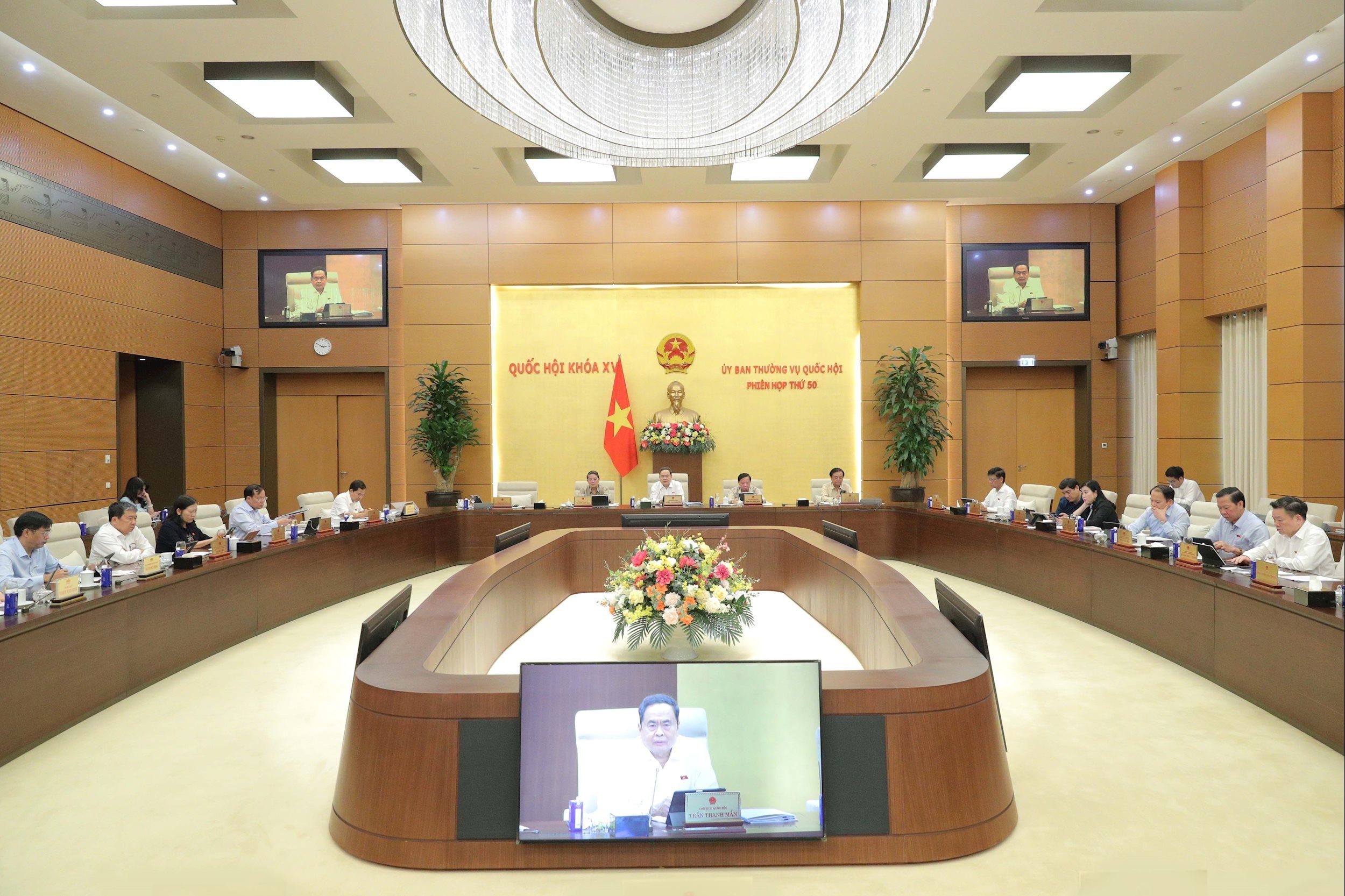
Regarding the specific contents of the draft Law, the National Assembly Chairman approved the provisions on building an information system and national database on construction activities because it is consistent with the policy of modernizing national governance on a data platform, contributing to promoting digital transformation in the construction sector. At the same time, he suggested that it is necessary to connect construction industry data with other national databases on land and planning to increase publicity, transparency, and management efficiency, helping to reduce administrative procedures for people and businesses.
Regarding the management of construction investment projects, the National Assembly Chairman said that the provisions in the draft Law do not clearly state the requirements on safety, fire prevention and fighting, environment, climate change, financial and economic efficiency, so "they need to be updated and mentioned appropriately in the draft Law".
In addition, the draft Law assigns the investor to conduct the appraisal and control of construction design after the project is approved, but does not stipulate a mechanism for control and supervision of this work. Therefore, the National Assembly Chairman suggested that it is necessary to supplement regulations on the responsibility of state management in inspecting and supervising the design appraisal work of the investor to ensure compliance with standards, regulations and systematic implementation.
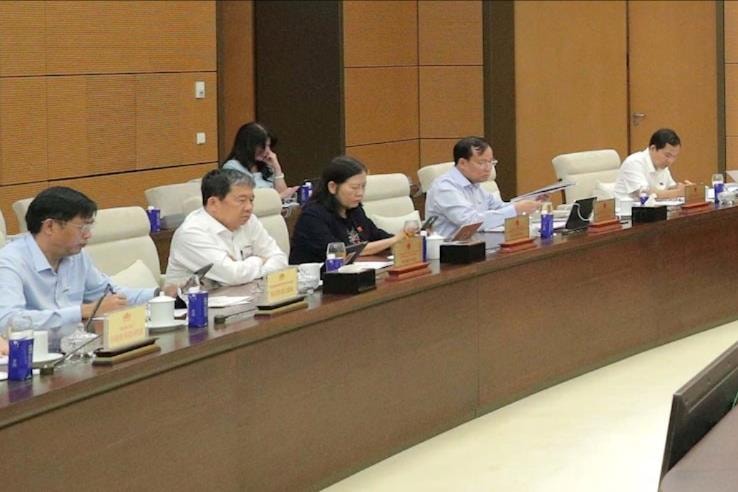
Concerned about the regulations on exemption from construction permits, an important content of the draft Law, attracting the attention of people and businesses, the National Assembly Chairman agreed to expand the subjects exempted from construction permits; proposed to study the regulations on post-inspection clearly, publicize information, avoid abuse or lax inspection, ensure technical requirements, environment, fire prevention and fighting, people's rights, and overcome limitations in granting construction permits.
“Many errors and violations in construction arise not because of the existence of the licensing mechanism but because of the lack of transparency and consistency in regulations on types of construction, conditions and licensing authority. Therefore, it is necessary to simplify the process, clearly define responsibilities, processing time limits and publicize information so that licenses become a tool to protect people's rights and social order. In everything we do, we must put the interests of the people first and foremost,” the National Assembly Chairman emphasized.
Acknowledging the innovations of the draft Law that help reduce administrative procedures in construction licensing, shifting from pre-inspection to post-inspection to reduce the expected procedure implementation time to 10-15 days, Chairman of the Delegation Work Committee Nguyen Thanh Hai said that this is a positive step towards modern management.
However, because the draft Law on Construction (amended) is related to many other laws, the Chairman of the Delegation Working Committee suggested reviewing the compatibility between the post-inspection mechanism in construction licensing stipulated in the draft Law with the Investment Law, Public Investment Law, Environmental Protection Law, etc.
“Without synchronization, investors will face the risk of having many inspection agencies conducting parallel inspections, while the time limit for handling violations is only 15 days, not enough to handle complex disputes, especially investment projects under the public-private partnership model,” the Chairman of the Delegation Work Committee noted.
In his concluding remarks, Vice Chairman of the National Assembly Le Minh Hoan suggested that it is necessary to continue perfecting the draft Law on Construction (amended), ensuring full institutionalization of the Party's guidelines and the State's policies; ensuring consistency with related laws, as well as draft laws submitted to the National Assembly at the 10th Session; meeting the requirements of national development in the new period. At the same time, closely following Resolution No. 66-NQ/TW on innovation in law-making and enforcement to meet the requirements of national development in the new era; Resolution No. 68-NQ/TW of the Politburo on private economic development...
Source: https://daibieunhandan.vn/don-gian-hoa-quy-trinh-quy-dinh-ro-trach-nhiem-thoi-han-xu-ly-10390634.html


![[Photo] Nhan Dan Newspaper launches “Fatherland in the Heart: The Concert Film”](https://vphoto.vietnam.vn/thumb/1200x675/vietnam/resource/IMAGE/2025/10/16/1760622132545_thiet-ke-chua-co-ten-36-png.webp)

![[Photo] General Secretary To Lam attends the 18th Hanoi Party Congress, term 2025-2030](https://vphoto.vietnam.vn/thumb/1200x675/vietnam/resource/IMAGE/2025/10/16/1760581023342_cover-0367-jpg.webp)



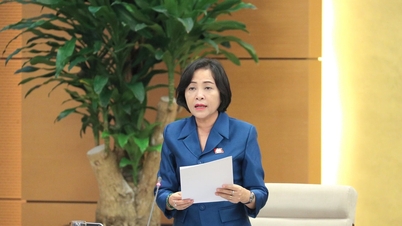
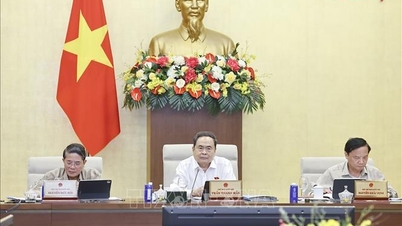



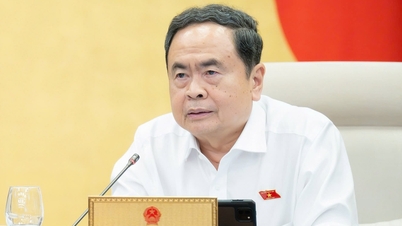

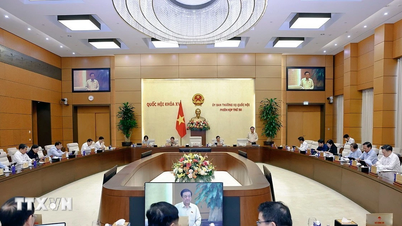

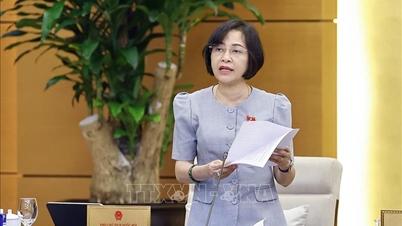
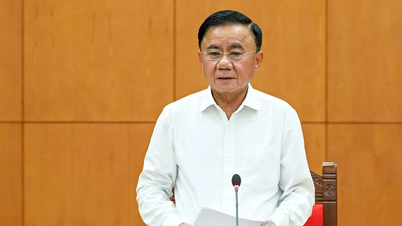

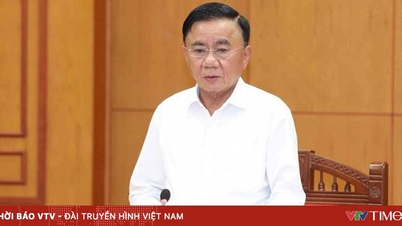

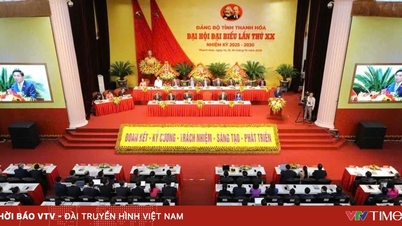
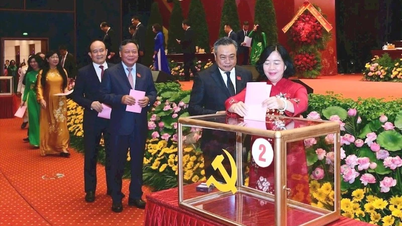
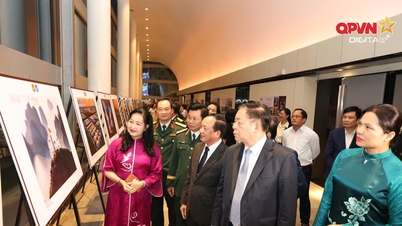
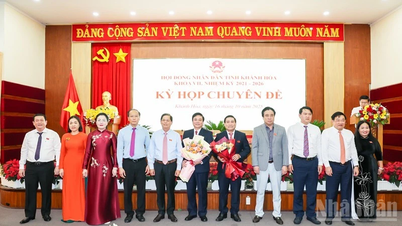




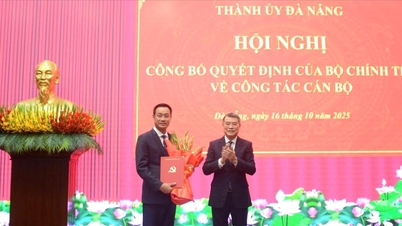
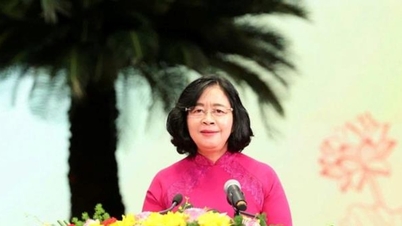
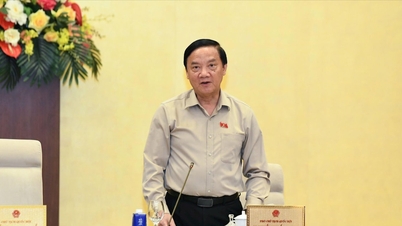
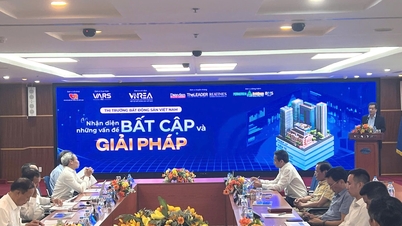
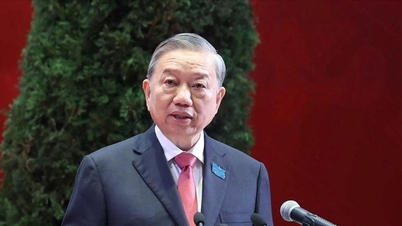
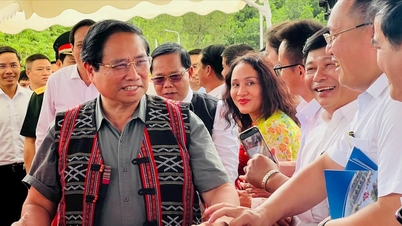







![[Video] TripAdvisor honors many famous attractions of Ninh Binh](https://vphoto.vietnam.vn/thumb/402x226/vietnam/resource/IMAGE/2025/10/16/1760574721908_vinh-danh-ninh-binh-7368-jpg.webp)


























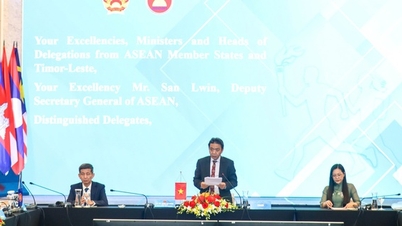

![[Photo] Nhan Dan Newspaper launches “Fatherland in the Heart: The Concert Film”](https://vphoto.vietnam.vn/thumb/402x226/vietnam/resource/IMAGE/2025/10/16/1760622132545_thiet-ke-chua-co-ten-36-png.webp)

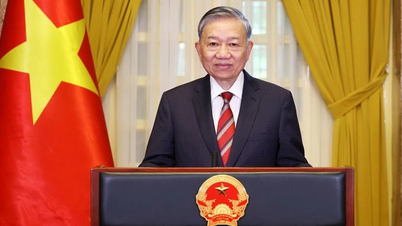




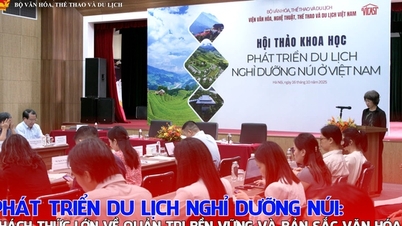
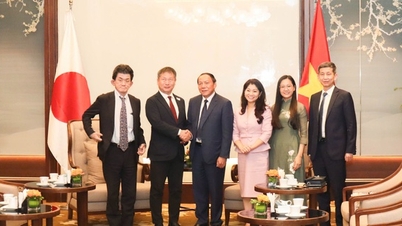
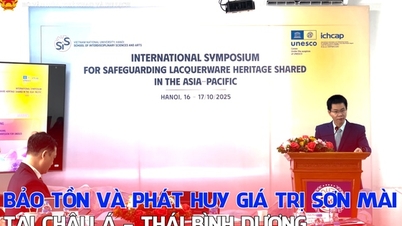
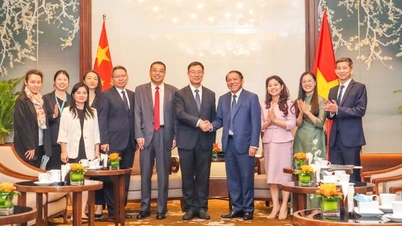
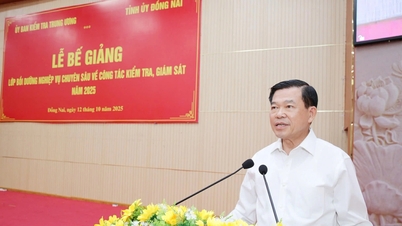





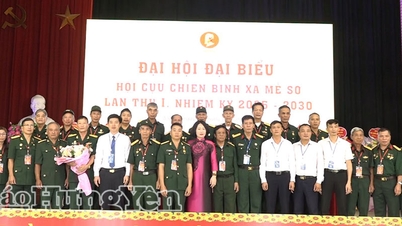


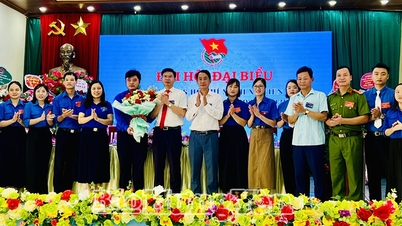

















Comment (0)